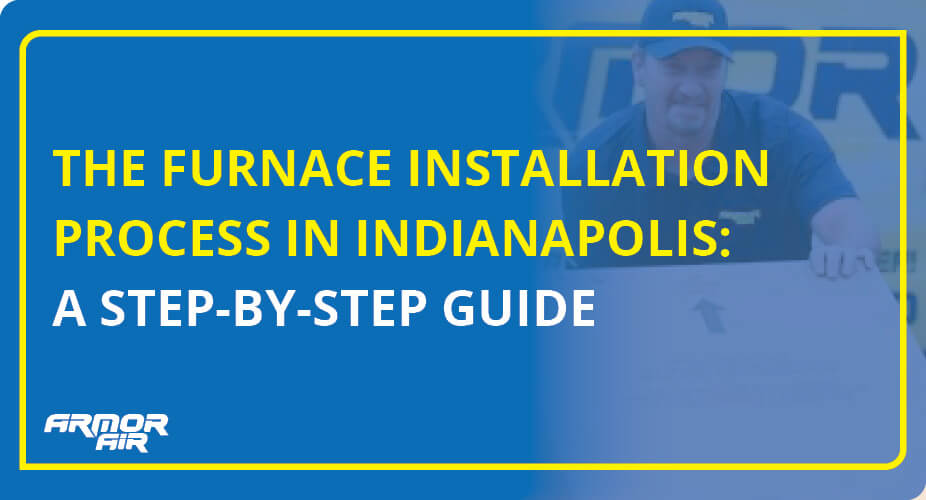Closed: Sun for God + Family time
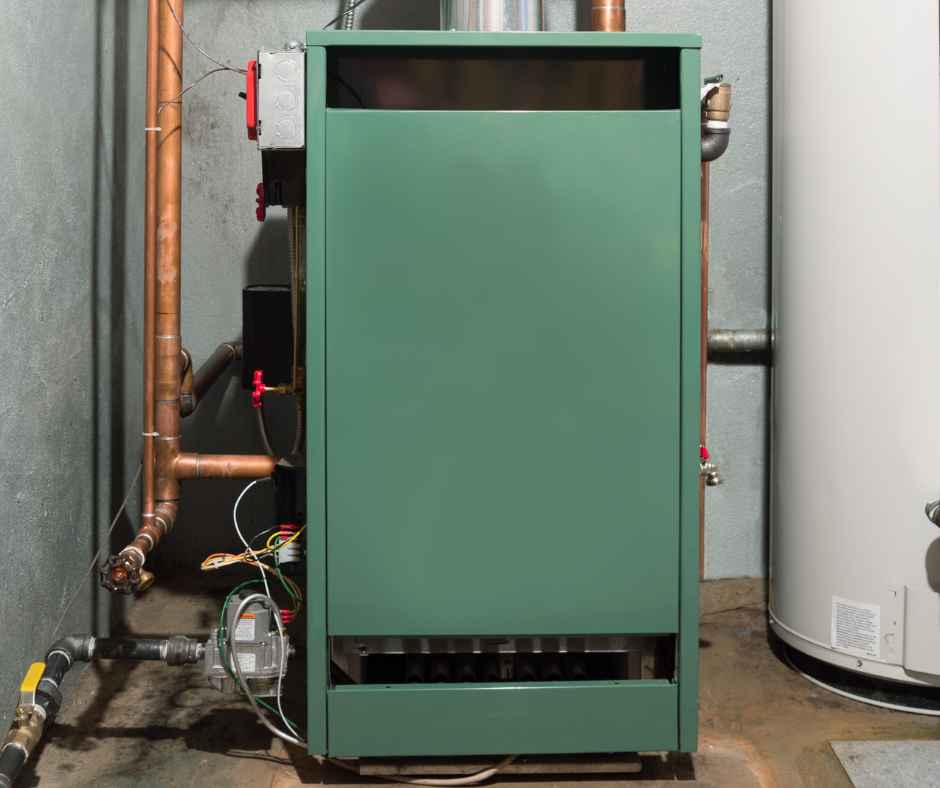
Should You Replace Your Furnace With a Heat Pump?
With the growing emphasis on energy efficiency and environmental sustainability, homeowners are increasingly considering alternatives to traditional heating systems. One of the most popular options is the heat pump. But should you replace your furnace with a heat pump? This comprehensive guide will help you understand the benefits, costs, and considerations involved in making this switch.
Understanding Heat Pumps
Heat pumps are versatile devices that can both heat and cool your home. Unlike furnaces, which generate heat by burning fuel, heat pumps transfer heat from one place to another. In winter, they extract heat from the outside air (even when it’s cold) and move it indoors. In summer, the process is reversed, and they act as air conditioners by removing heat from your home.
Benefits of Replacing Your Furnace With a Heat Pump
1. Energy Efficiency
One of the main reasons to replace your furnace with a heat pump is the significant improvement in energy efficiency. Heat pumps use electricity to move heat rather than generate it, making them much more efficient than traditional gas furnaces. This can lead to substantial savings on your energy bills.
2. Environmental Impact
Heat pumps produce fewer greenhouse gases than furnaces, especially if your electricity comes from renewable sources. By switching to a heat pump, you can reduce your carbon footprint and contribute to a cleaner environment.
3. Dual Functionality
A heat pump serves a dual purpose by providing both heating and cooling. This eliminates the need for a separate air conditioning system, saving you money and space.
4. Consistent Temperature
Heat pumps provide a more consistent and even temperature throughout your home. Unlike furnaces, which can create hot and cold spots, heat pumps distribute heat uniformly.
Cost Considerations
1. Initial Installation Cost
The cost to replace a furnace with a heat pump can be higher upfront. Heat pump installation requires specialized knowledge and may involve modifications to your existing HVAC system. However, many homeowners find that the long-term savings on energy bills offset the initial investment.
2. Operating Costs
While the initial cost to replace a gas furnace with a heat pump might be high, the operating costs are generally lower. Heat pumps are more energy-efficient, which means lower monthly utility bills.
3. Maintenance Costs
Heat pumps require regular maintenance to ensure optimal performance. This includes cleaning filters, checking refrigerant levels, and inspecting electrical components. However, these costs are typically lower than the maintenance costs for a furnace and separate air conditioner.
Heat Pump vs Furnace: Which is Better?
The decision to replace your furnace with a heat pump depends on various factors, including your climate, energy costs, and personal preferences.
1. Climate Suitability
Heat pumps are most efficient in moderate climates where temperatures don’t frequently drop below freezing. In colder regions, a supplemental heating system might be necessary to ensure your home stays warm during extreme weather.
2. Energy Costs
If your area has high electricity costs, the savings from a heat pump might be less significant. Conversely, in regions with lower electricity rates, the cost benefits can be substantial.
3. Environmental Considerations
If you’re looking to reduce your carbon footprint, a heat pump is a greener option. Heat pumps produce fewer emissions and can be powered by renewable energy sources.
Heat Pump Installation
Proper installation is crucial for the efficient operation of a heat pump. Here are some steps to ensure a successful heat pump installation:
1. Choosing the Right Size
Selecting the right size heat pump for your home is essential. An undersized unit won’t provide adequate heating or cooling, while an oversized unit can cycle on and off too frequently, reducing efficiency and lifespan.
2. Professional Installation
Hire a professional HVAC contractor for the installation. They will ensure the system is installed correctly and operates at peak efficiency.
3. Regular Maintenance
Schedule regular maintenance to keep your heat pump running smoothly. This includes cleaning filters, checking refrigerant levels, and inspecting the system for any issues.
Should You Replace Your Gas Furnace With a Heat Pump?
Deciding whether to replace your gas furnace with a heat pump involves weighing the benefits and costs. If you live in a moderate climate and are looking to save on energy bills while reducing your environmental impact, a heat pump can be an excellent choice. However, if you live in a region with harsh winters, you might need a backup heating system.
Cost to Replace Furnace With Heat Pump
The cost to replace a furnace with a heat pump can vary widely based on factors such as the size of your home, the type of heat pump, and the complexity of the installation. On average, homeowners can expect to pay between $4,000 to $10,500 for a heat pump installation. While this might seem high, the long-term savings on energy bills and the added comfort can make it a worthwhile investment.
Call Armor Air for Heat Pump Installation
Replacing your furnace with a heat pump offers numerous benefits, from increased energy efficiency and cost savings to reduced environmental impact. However, it’s essential to consider your specific needs and circumstances before making the switch.
If you’re considering replacing your furnace with a heat pump, Armor Air is here to help. Our expert team can guide you through the process, ensuring you choose the right system for your home and providing professional installation services. Contact Armor Air today for all your heat pump installation needs and take the first step toward a more energy-efficient and comfortable home.
Recent News
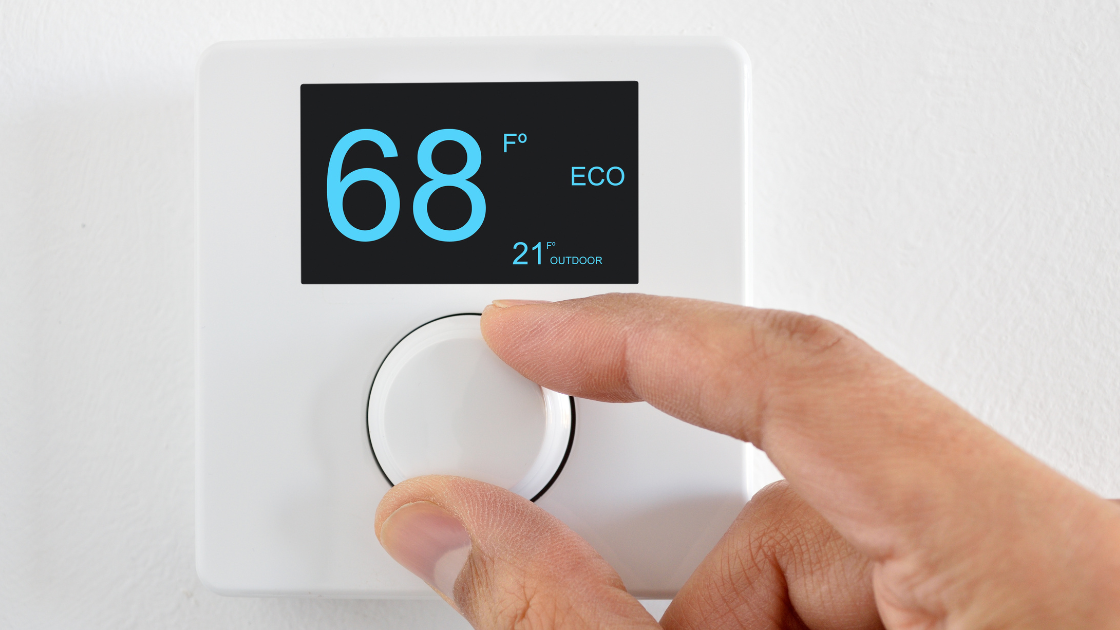
Help! My Heater Won’t Turn Off
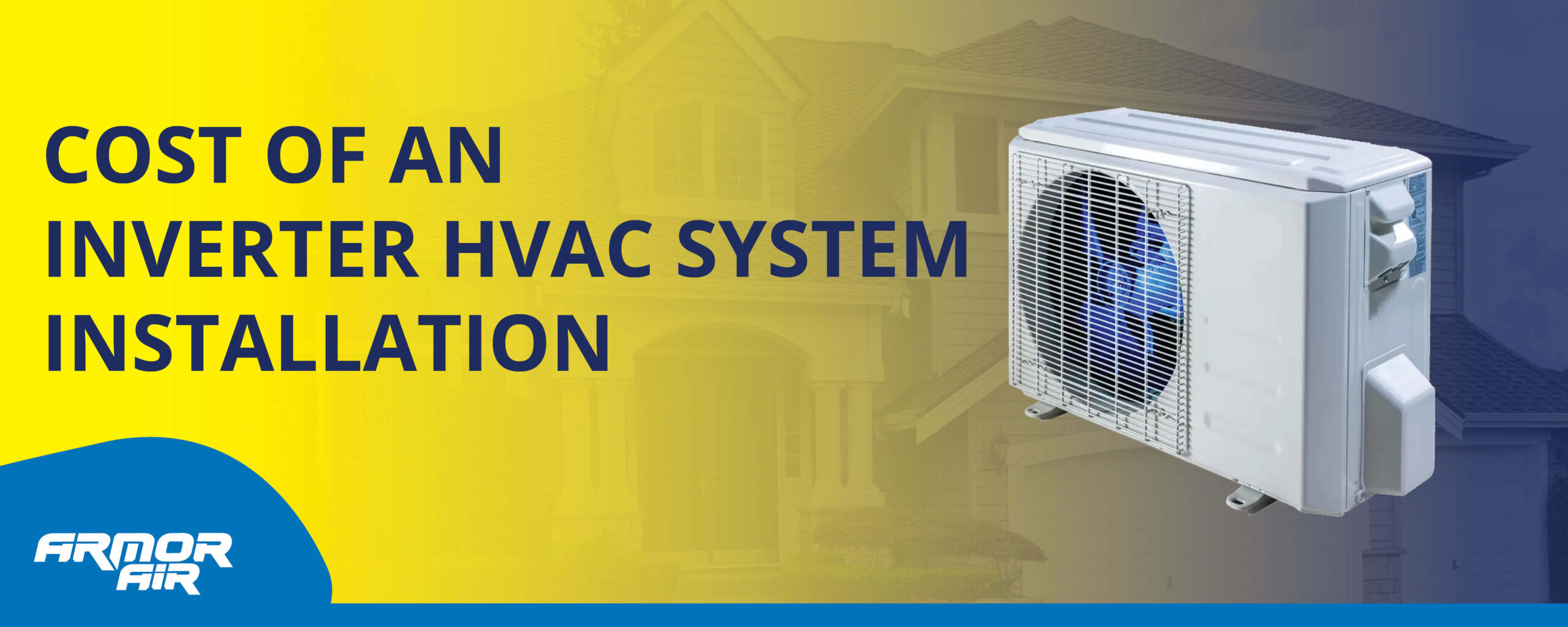
How Much Does an Inverter HVAC System Installation Cost (2025)
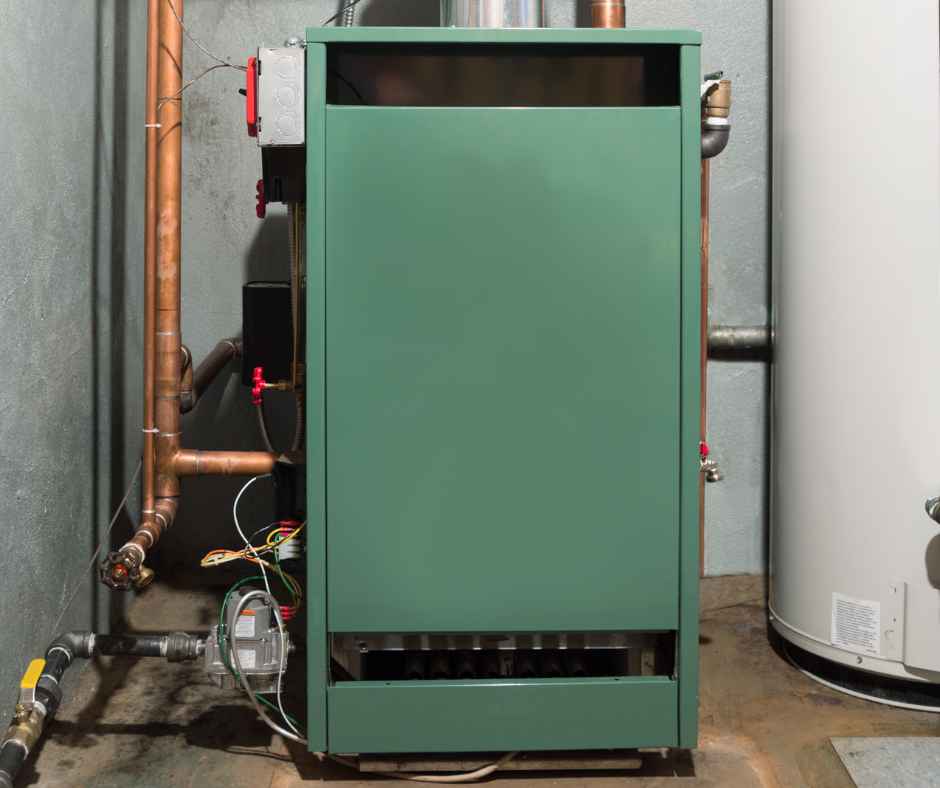
Why Does My Furnace Smell Like It’s Burning?
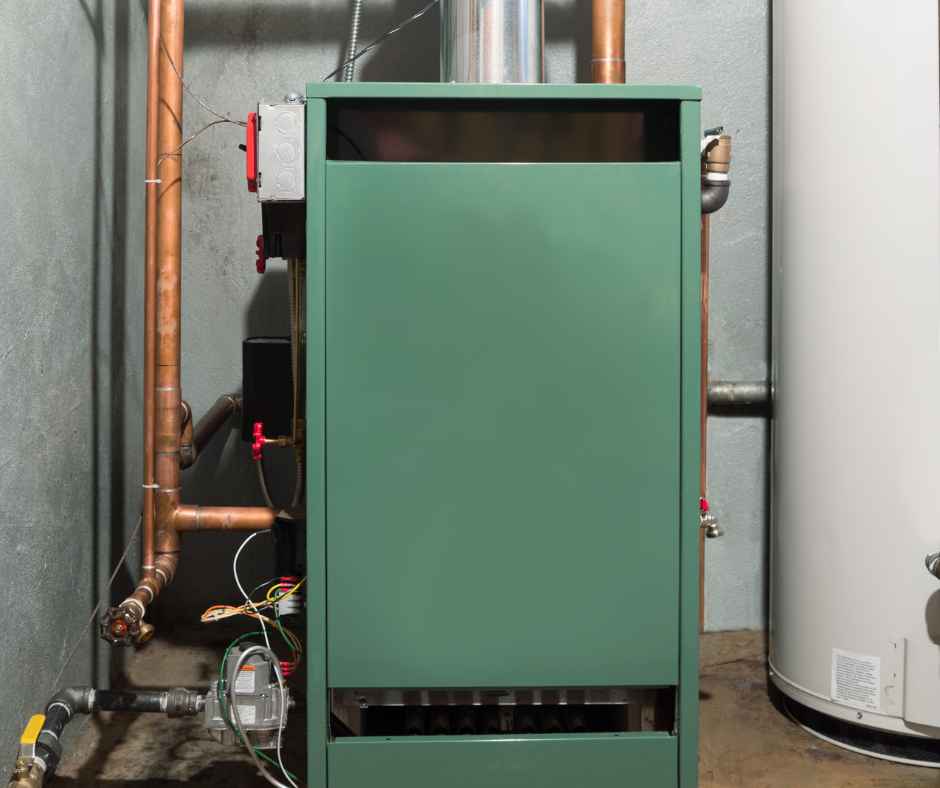
Why Won’t My Heat Turn On?
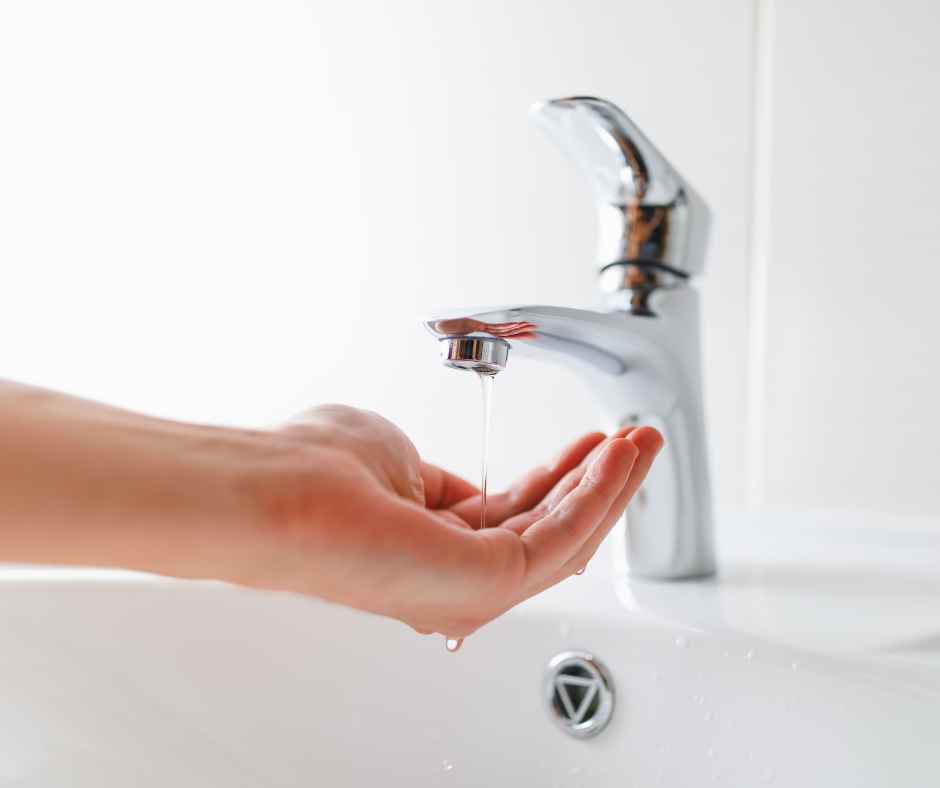
Why is the Water Pressure Low in My House?

Why a Tankless Water Heater Might Be the Best Investment for Your Indianapolis Home?
